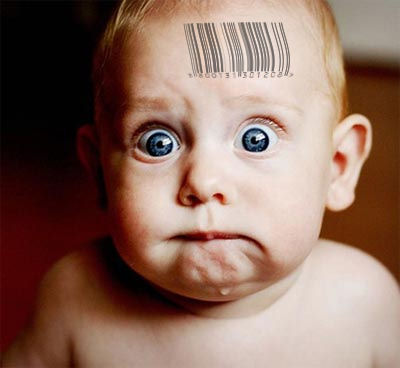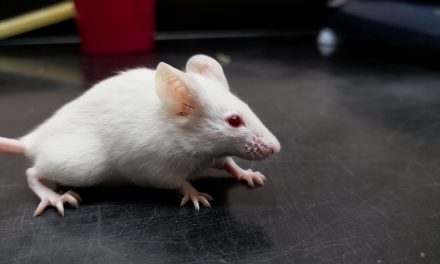(Editor’s note: I wonder how people will feel about this. So many people seem to have no issues with eating GMO food, but what about GMO babies?)
Today is a history making day; scientists in London have been granted permission to edit the genomes of human embryos for research. This approval, by the UK’s Human Fertilisation and Embryology Authority (HFEA), represents the world’s first endorsement of such research- by any national regulatory authority. The Francis Crick Institute may now begin (what many are calling controversial experiments) as early as March. Their prime interest is to, “deactivate genes in leftover embryos from IVF clinics to see if it hinders development”. This will be the second time- in the world to date- that something like this has been attempted and only the first time that the procedure has been approved (the Chinese did similar experiments last year).
What the scientists are after now, in this moment, is trying to figure out why around 50 per cent of fertilized eggs don’t develop properly (which happens in the first one to seven days). If they knew which genes were crucial for healthy cell division, then they could properly screen (and leave out) embryos whose DNA was not working properly. This would prevent miscarriages and aid in the fertility process. So, to begin, the team (whose final proposal must pass an ethics evaluation) would like to use up to 30 embryos and potentially work on another three genes- which would bring the total number of embryos to 120 (Editor’s note: these are humans we are talking about- humans- this all seems so callous to me).
From the article in the Telegraph:
“Anne Scanlan of the charity LIFE said: “The HFEA now has the reputation of being the first regulator in the world to approve this uncertain and dangerous technology. It has ignored the warnings of over a hundred scientists worldwide and given permission for a procedure which could have damaging far-reaching implications for human beings.
But lead scientist Dr. Kathy Niakan said that the research could fundamentally change our understanding of human biology and give hope to prospective parents, “We would really like to understand the genes that are needed for an embryo to develop into a healthy baby,” she told a briefing in central London last month. Miscarriage and infertility are extremely common but they are not very well understood. We believe that this research could improve our understanding of the very earliest stages of human life.”
The new technique used to edit the genes is called, Crispr. It acts like scissors and can snip out whichever part of the DNA the scientists need, thereby allowing them to see if it is a needed part of the embryos growth process. The Crick Institute team will first attempt to block the activity of a ‘master regulator’ gene (called OCT4). This gene is active in the cells that go on to form the developing fetus (different cells in the embryo then go on to form the placenta). The team then plans to end (read: throw away) its test tube experiments within a week after fertilization, when the embryos contain around 64 to 256 cells, known as the blastocyst stage (also known as a human with 64-256 cells).
More from the Telegraph article:
“Dr. Calum MacKellar, Director of Research of the Scottish Council on Human Bioethics said: Allowing the gene editing of embryos opens the road to genetically modifying all the descendants of a person as well as full blown eugenics which was condemned by all civilized societies after the Second World War. It is the very future of the way in which societies accept persons with disabilities that is at play since such gene editing procedures infer that they should not have been brought into existence.”
Yes, this new technique could allegedly permanently remove harmful mutations and prevent miscarriage but it could also lead to people choosing their children- so called “designer babies”- or genetically modified humans. The team has already begun to contact fertility clinics across the country, inquiring about the possibility of using their leftover embryos (or humans). Thankfully, there is some added protection in that no research may be done until they’ve received approval AND it is still illegal to transfer these embryos into a woman. We will be watching this process as it plays out.
Hope it doesn’t turn into another Orwell novel.
Source: Telegraph & Nature.com












